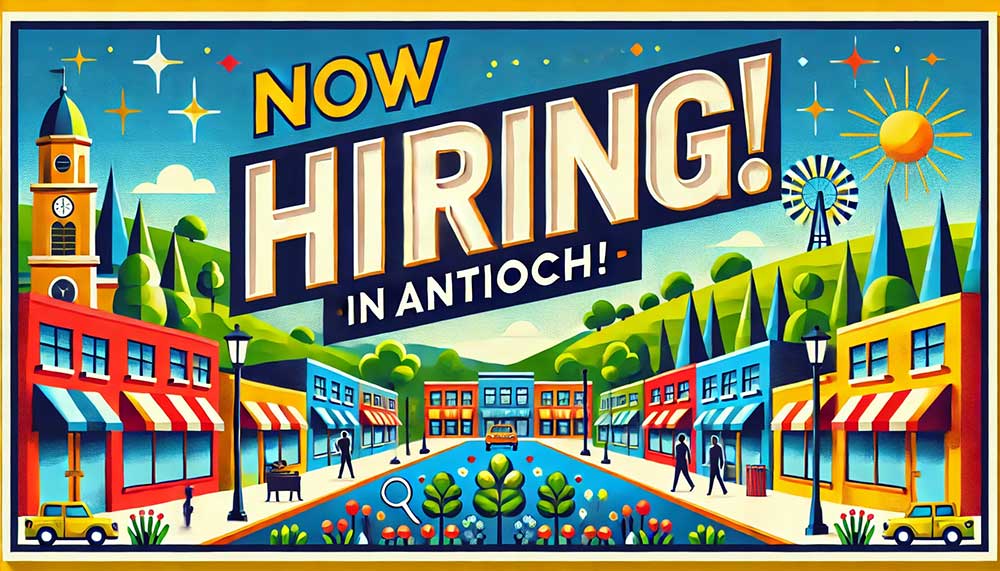Every year, thousands of young adults age out of the foster care system, stepping into the world with hopes of building a stable and fulfilling life. However, this transition often comes with significant challenges. Without the safety net of family or consistent guidance, many face obstacles such as housing instability, financial insecurity, and a lack of emotional support. For these young individuals, the presence of community support can make all the difference, turning a daunting journey into one filled with opportunities.
The Role of Housing Stability
For young adults transitioning out of foster care, secure housing is a cornerstone of success. Community programs that offer transitional housing solutions, such as scatter-site housing units or shared apartments, provide not just a roof over their heads but also a foundation for growth. These programs often pair housing with critical services such as job placement assistance, counseling, and mentorship, helping young adults focus on building their futures without the constant stress of potential homelessness.
Access to Educational and Employment Opportunities
Education and employment are key components of a successful transition into adulthood. Community organizations often partner with local schools, colleges, and employers to provide access to training programs, scholarships, and job opportunities tailored to the unique needs of former foster youth. Such initiatives empower young adults to develop skills, gain confidence, and secure financial independence.
Mental Health and Emotional Well-Being
Many young adults aging out of foster care carry the emotional weight of their experiences, including trauma, loss, and instability. Community programs that prioritize mental health through counseling services, peer support groups, and wellness workshops help these individuals navigate their emotions and develop healthy coping mechanisms. A strong mental health foundation enables them to face challenges with resilience and hope.
The Importance of Mentorship and Role Models
Having a reliable mentor or role model can be life-changing for young adults without traditional family support. Community members who volunteer as mentors provide guidance, encouragement, and a listening ear, helping foster youth build confidence and make informed decisions. These relationships often become a critical source of stability and inspiration.
Fostering a Sense of Belonging
One of the most significant barriers for young adults leaving foster care is the feeling of isolation. Community initiatives that create inclusive spaces and foster a sense of belonging play a vital role in combating this. Whether through organized events, support groups, or peer networks, these opportunities allow young adults to connect with others who share their experiences and form meaningful relationships.
The Ripple Effect of Support
When communities rally around young adults aging out of foster care, the impact extends far beyond the individuals served. These efforts often lead to stronger communities overall, reducing rates of homelessness, unemployment, and reliance on public assistance. Additionally, many former foster youth who benefit from community support go on to become advocates and contributors, giving back to the same systems that helped them thrive.






